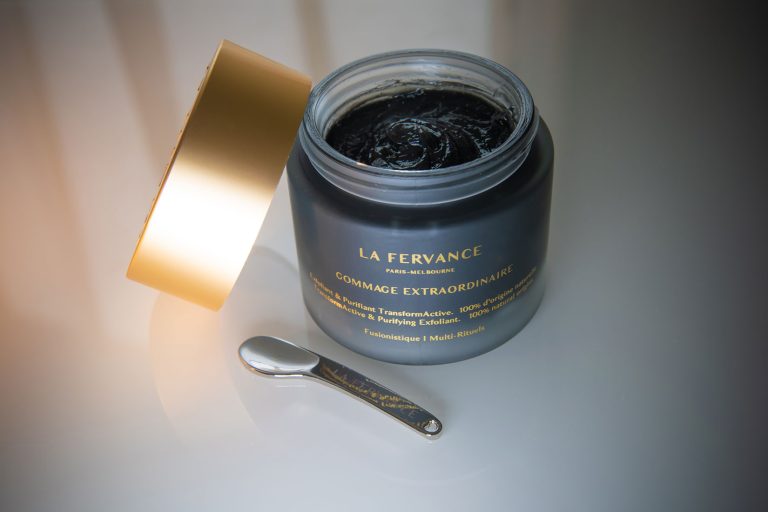
WHAT IS GOMMAGE
What is Gommage? Gommage, derived from the French word for “erase” or “rub off,” is a gentle exfoliation method that removes dead skin cells to
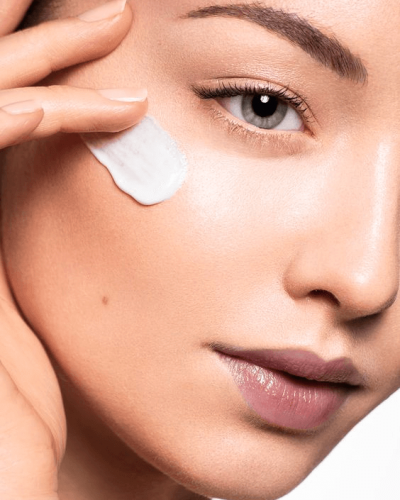
Paraben-free skincare is becoming increasingly popular, yet many people don’t know why. With so much talk about these mysterious substances and their potential harmful side effects, it’s hard to believe that an estimated 90% of cosmetic products contain parabens. And yet, despite it being something you almost certainly have in your bathroom cabinet, increasing amounts of studies point towards the fact these the use of parabens could have terrible consequences on your health.
That’s why, in this blog post, we’ll answer the following questions.
While this topic may seem like a lot to digest, we’ll summarise the most important research on parabens so that you can make an informed decision when buying skincare products in the future with as little confusion as possible.
Parabens are a type of preservative found in cosmetics, sunscreen, skincare products, makeup, and even food. They stop mould, fungi, bacteria and yeast from growing, and are relatively inexpensive, which makes them a favourite of many manufacturers.
Since most skincare products and cosmetics are kept in moist, warm bathrooms, they are stored in perfect conditions for bacteria and other nasty organisms to grow. This is why parabens are used in so many products meant for personal care.
Since there are many different types of parabens, knowing whether a product contains these preservatives isn’t as
simple as looking for the term on the packaging. Instead, you’ll have to look out for ingredients such as:
There are other parabens as well, but these are the most common.
However, almost shockingly, while some cosmetic products may contain parabens, it won’t be listed as an ingredient on the label. This is because parabens are often used as an ingredient in fragrances, but manufacturers can claim their fragrance recipes as ‘trade secrets’ and, as such, are not legally required to disclose them.
While there is still a lot of research to be done on these substances, many studies point to parabens being harmful to our health. Parabens share a similar chemical structure to estrogen, and can even mimic it. As such, parabens have been linked to reproductive problems and breast cancer.
Cosmetics, sunscreens, and skincare products are all applied directly to the skin where they’re absorbed by the body and enter the bloodstream. In this way, they bypass the metabolic process, meaning they aren’t broken down. When this happens they can have serious consequences on the way your body functions.
For example, studies have also shown that when you apply skincare with methylparaben, it leads to DNA damage and increases skin aging, thanks to your skin’s reaction to the UVB. But while this is certainly a reason to be concerned about parabens in skincare, the link between these chemicals and cancer is the one most people are worried about.
Scientists have determined that parabens mimic oestrogen, the primary reproductive hormone in females, which in turn disrupts the hormone’s function. When you have excess oestrogen, it can prompt a surge in the division of breast cells, resulting in the growth of tumours. The presence of parabens in the bloodstream can have the same effect as excess oestrogen, prompting concerns about the link between the preservative and cancer.
A 2004 study found that 90% of breast tumour biopsies that were examined, contained parabens. While this doesn’t necessarily mean that parabens cause breast cancer, it does mean that these potentially harmful preservatives and cancer could very likely be linked.
Similarly, 55% of breast cancer tumours occur around the underarm region, exactly where paraben-containing deodorants and lotions are used.
Another study found traces of five different types of parabens in 19 out of 20 breast tissue samples, proving that parabens are not only absorbed, but also linger in the tissue.
Since then, some countries have taken notice of these and similar studies, concerned by the potential dangers of parabens. As such, many nations have even banned their use altogether, including the European Union (EU).
As mentioned earlier, avoiding parabens isn’t as simple as having a quick glance at the label. However, these three tips will prevent you from exposing yourself to these potentially harmful substances.
Luckily, as we become more aware of how our skincare products affect our health, manufacturers are more inclined to use ingredients that are proven to be safe and free of side effects. During your next beauty haul, look out for the following preservatives which are paraben-free and safe to use:
In addition to this, the following ingredients are not only safe, but from natural origins as well, supporting a clean beauty regimen:
Natural Preservatives – such as oregano, tea tree, thyme and other essential oils.
Clean beauty isn’t simply a trend – it’s a movement towards a more natural approach to beauty that avoids all potentially harmful or toxic cosmetics. Opting for beauty brands that are committed to clean beauty is another way to ensure you are not exposed to harmful substances such as parabens.
Finding skincare products that fit the bill isn’t easy, considering the majority of cosmetic products still contain parabens. However, choosing a clean beauty brand that’s manufactured in Europe, such as La Fervance, is the best way to avoid parabens.
La Fervance is committed to clean beauty practices, and contains no harmful chemicals or preservatives. As such, it’s a totally safe and natural alternative for anybody wanting to avoid parabens, which you likely do after reading this post!
Jamie Arnold and Melissa Obeid Co-founders of La Fervance – learn about our journey here – https://lafervance.com/about-us/

What is Gommage? Gommage, derived from the French word for “erase” or “rub off,” is a gentle exfoliation method that removes dead skin cells to
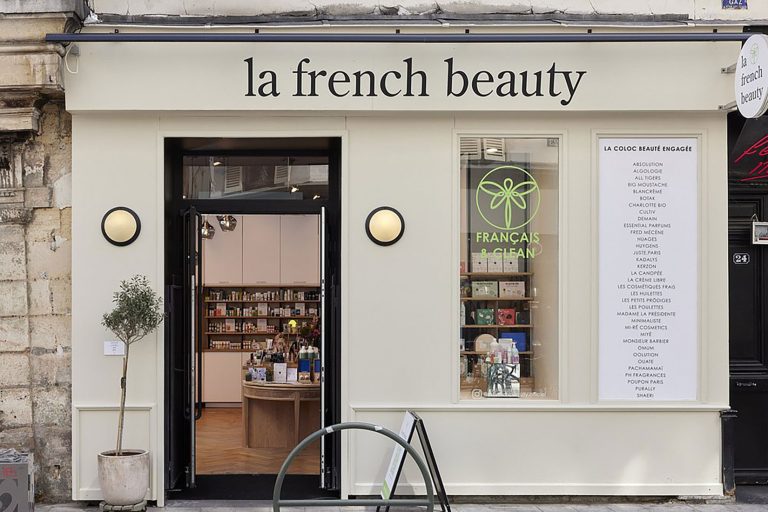
French skincare is a global benchmark for beauty, celebrated for its effortless elegance and focus on natural, radiant skin. Rooted in a philosophy that prioritizes





















login ~login ~login ~login ~login ~login ~login ~login ~login ~login ~login ~
search ~ search ~ search ~ search ~ search ~ search ~ search ~ search ~ search ~ search ~ search ~ search ~ search ~ search ~ search ~ search